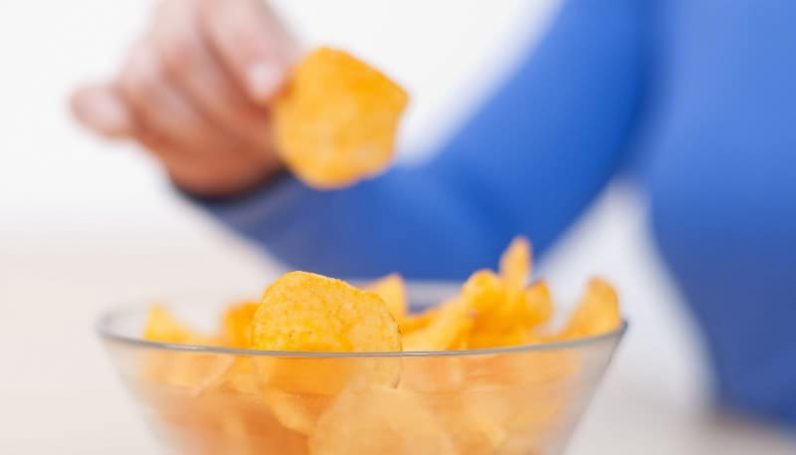Eating Habits Can Affect Your Skin’s Protection Against Sun
Sunbath, you may want to avoid raiding the fridge in the middle of the night before catching some rays as according to a recent study, eating habits affect skin’s protection against the sun. Eating Habits Can Affect Your Skin’s Protection Against Sun
The study in mice from the O’Donnell Brain Institute and UC Irvine showed that eating at abnormal times disrupts the biological clock of the skin, including the daytime potency of an enzyme that protects against the sun’s harmful ultraviolet radiation.
Although further research is needed, the finding indicated that people who eat late at night may be more vulnerable to sunburn and longer-term effects such as skin aging and skin cancer, said researcher Joseph S. Takahashi.
The study showed that mice given food only during the day. An abnormal eating time for the otherwise nocturnal animals – sustained more skin damage when exposed to ultraviolet B (UVB) light during the day than during the night.
This outcome occurred, at least in part, because an enzyme that repairs UV-damaged skin – xeroderma pigmentosum group A (XPA) – shifted its daily cycle to be less active in the day.
Mice that fed only during their usual evening times did not show altered XPA cycles. Were less susceptible to daytime UV rays.
“It is likely that if you have a normal eating schedule. Then you will be better protected from UV during the daytime,” said Takahashi.
“If you have an abnormal eating schedule. That could cause a harmful shift in your skin clock, like it did in the mouse.”
The study found that besides disrupting XPA cycles. Changing eating schedules could affect the expression of about 10 percent of the skin’s genes.

